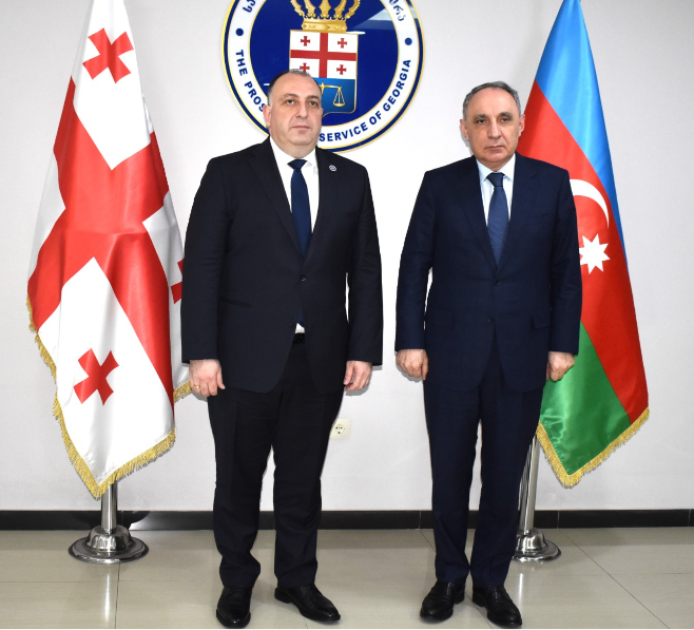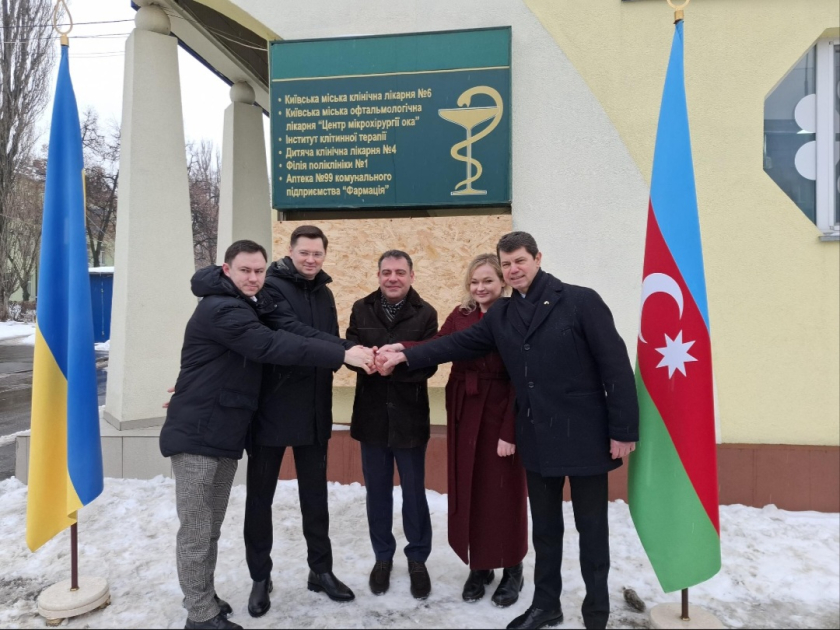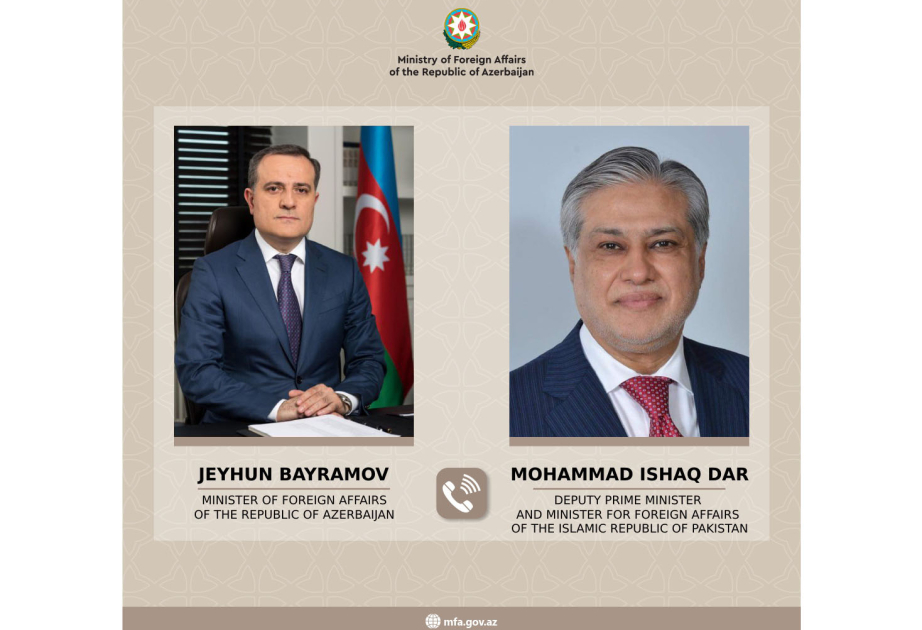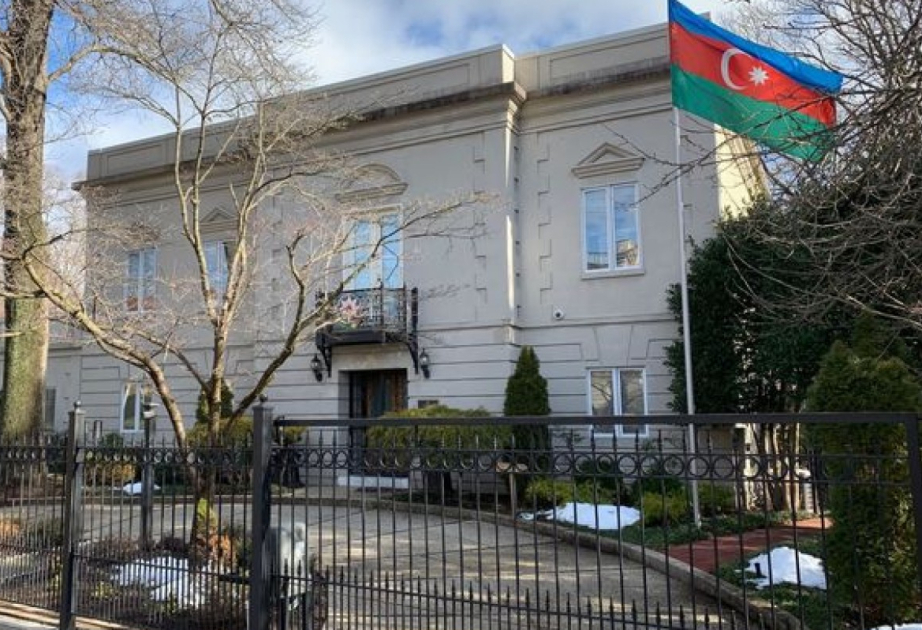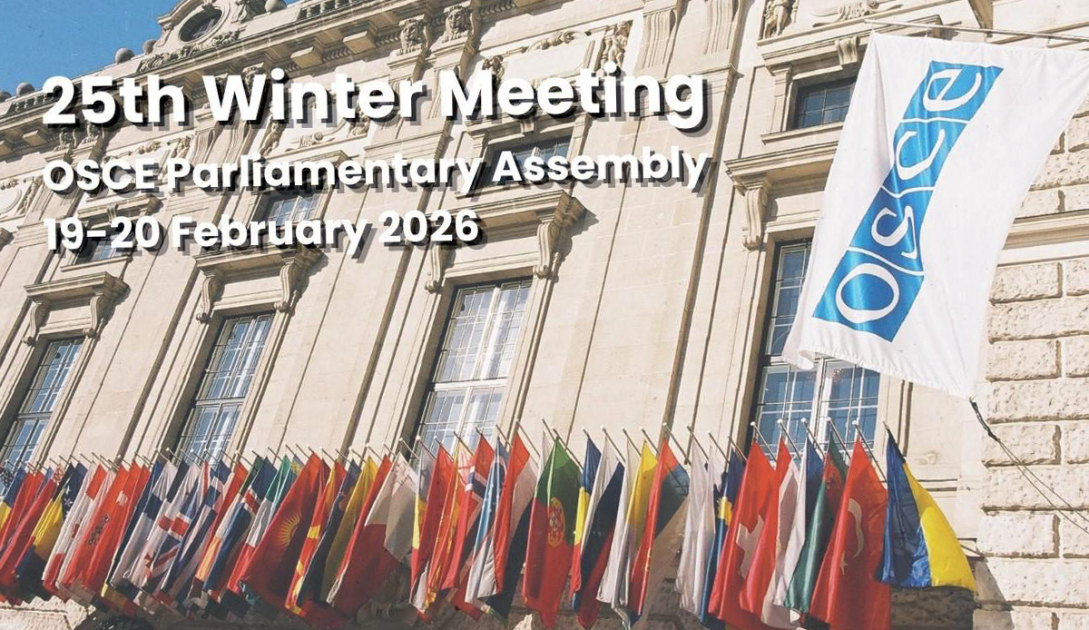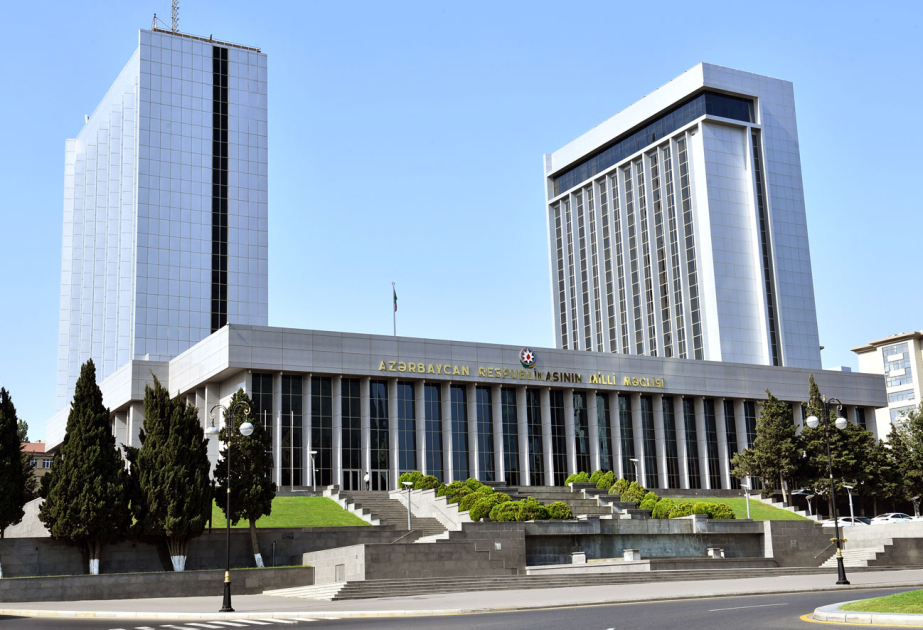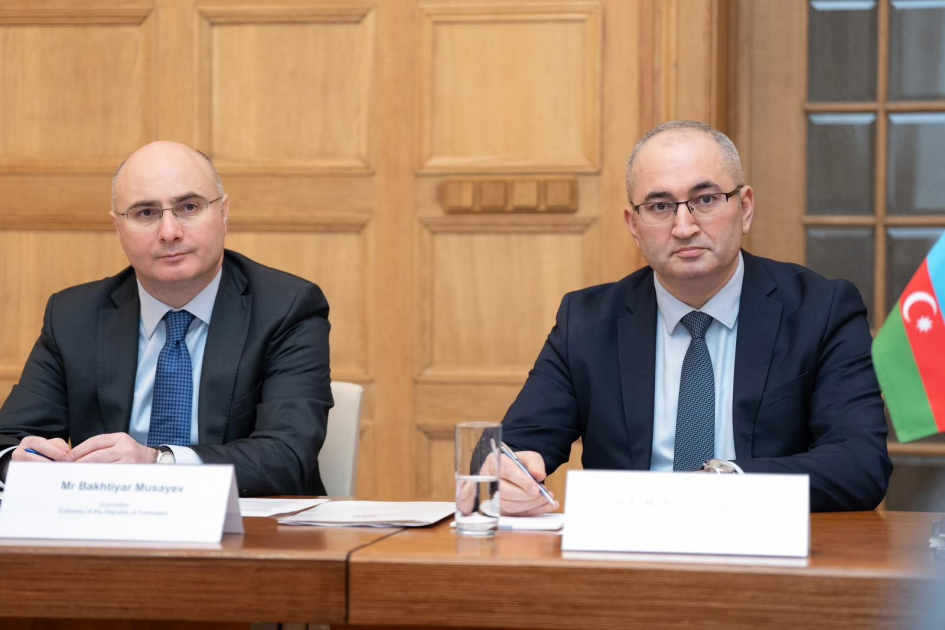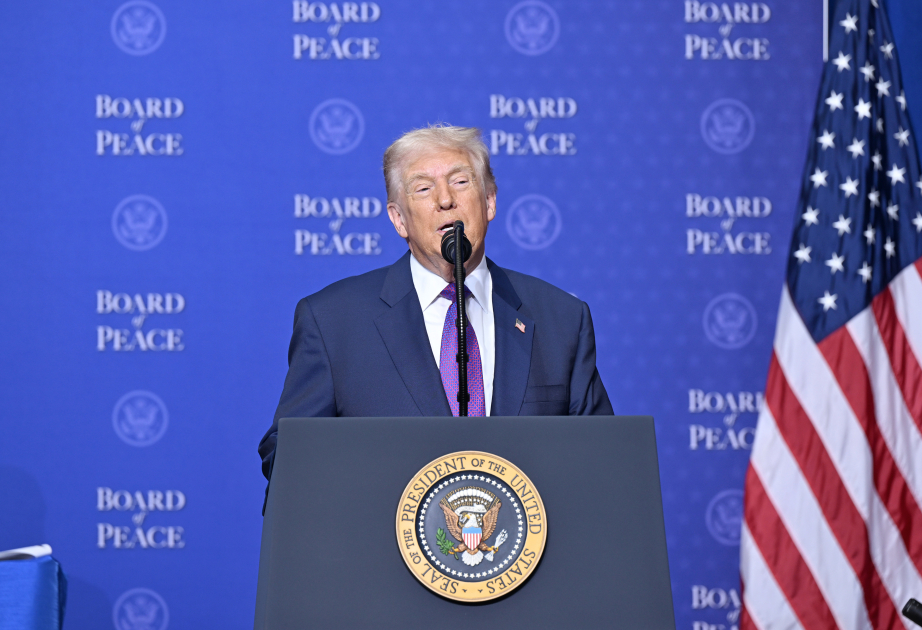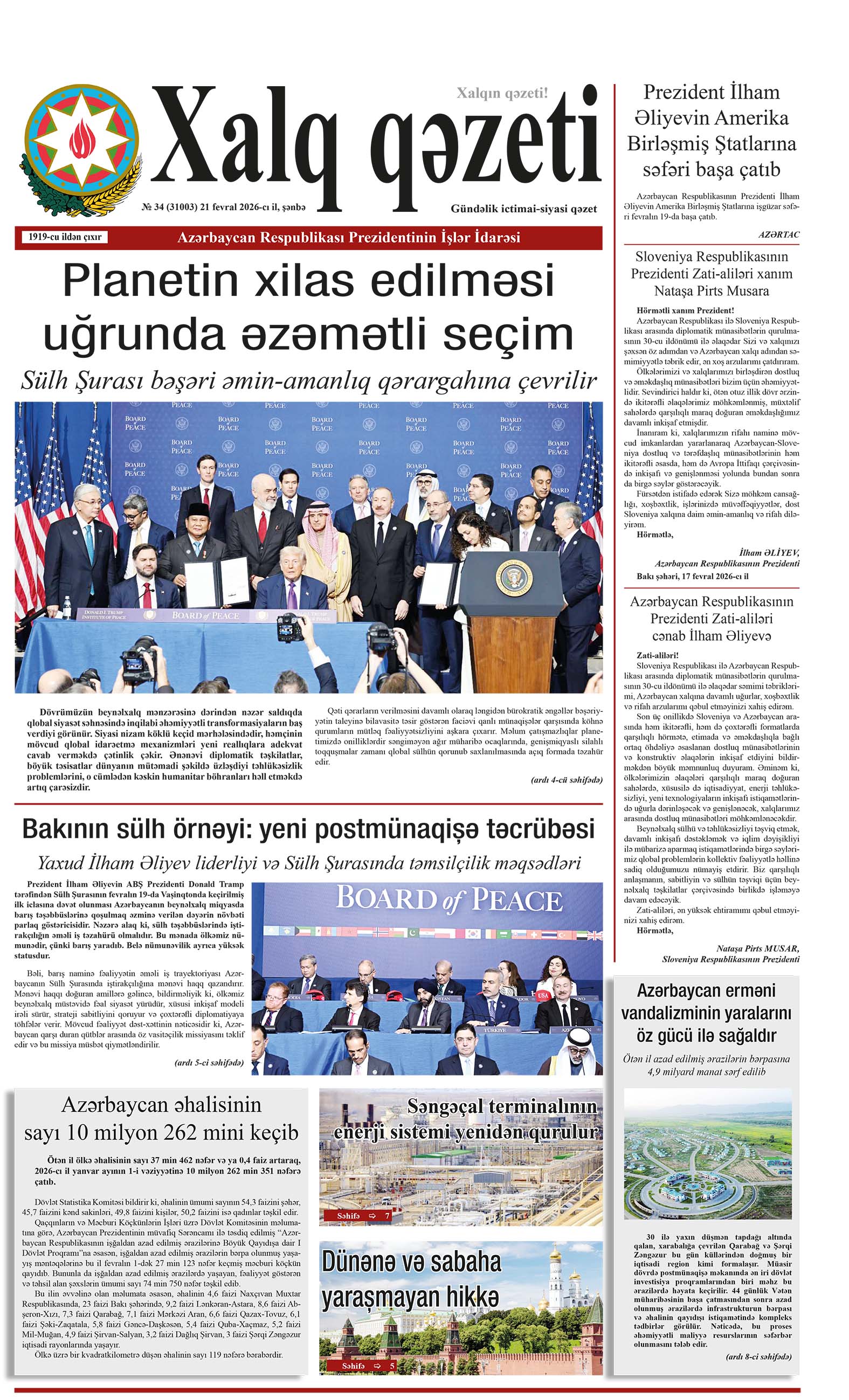“You have every right to be angry. I am too. You are on the sharp end of a colossal injustice. An injustice that sees the very future of your islands threatened by rising seas. Your people pounded by record hurricanes. Your economies torn apart. And development gains left in tatters. This is an injustice perpetrated by the few. The G20 account for around eighty percent of global emissions. And it is an injustice that must end,” said António Guterres, UN Secretary General, as he addressed the COP29 Leader's Summit of Small Island Developing States on Climate Change held in Baku.
“Your nations – the Small Island Developing States – are demonstrating what climate ambition looks like. You are the first responders. The world must follow you. And it must support you. First, by sparing no effort to keep 1.5 alive. That means global emissions falling nine percent a year to 2030. It means phasing out fossil fuels – fast and fairly – and delivering on the COP28 outcome. And it means every country putting forward new, economy-wide national climate action plans – or NDCs – by COP30, that align with 1.5 degrees,” Guterres noted.
“The biggest emitters – the G20 – must lead. And the United Nations is supporting countries to deliver through its Climate Promise initiative. Second, justice. You deserve support to deal with a crisis you have done next to nothing to create. We must get serious about loss and damage. We need significant contributions flowing to the Loss and Damage Fund – so it can have a meaningful impact.
We also need a surge in funds for you to protect your people from climate impacts; impacts that are growing in strength and frequency.
Every one of you must have the chance to build resilience. And to seize the benefits of adaptation to drive progress across the sustainable development goals.
Developed countries must honour their commitment to double adaptation finance to at least $40 billion a year by next year. This is an important step to closing the adaptation finance gap.
But these measures can take us so only so far. Ultimately, we need more fundamental reform. So, third: finance. Your nations have faced a perfect storm of suffocating debt, high-capital costs, rising prices, and COVID-19 – which paralyzed your economies. The result: scant funds for climate action or broader sustainable development.
The Pact for the Future – adopted by consensus in September – made significant strides forward. It calls for reform of the international financial architecture, including effective debt relief.
It commits countries to advancing an SDG Stimulus of $500 billion a year. And it asks Multilateral Development Banks to look at ways to improve access to concessional finance for developing countries. And to consider structural vulnerability – including through using the Multidimensional Vulnerability Index. It is essential that vulnerable middle-income countries can access funds.
We must push for implementation of these commitments. Starting here and now. We need a new climate finance goal that mobilizes the trillions of dollars of finance developing countries need – with a significant increase in concessional public funds. That goal must provide clarity on how money will be mobilized…
Tap innovative sources, such as levies on aviation, shipping and fossil fuel extraction…
And include an accessibility, transparency and accountability framework to build confidence that funds will be delivered and available. It must also include major capitalization boosts and reforms of the Multilateral Development Banks, including so they can leverage far more private finance at reasonable costs.
At this COP and beyond. I urge you:
Use your moral authority to demand action. Demand leadership. And demand your justice. Time is of the essence. Together, you are helping us move from anger to action,” the UN chief emphasized.




